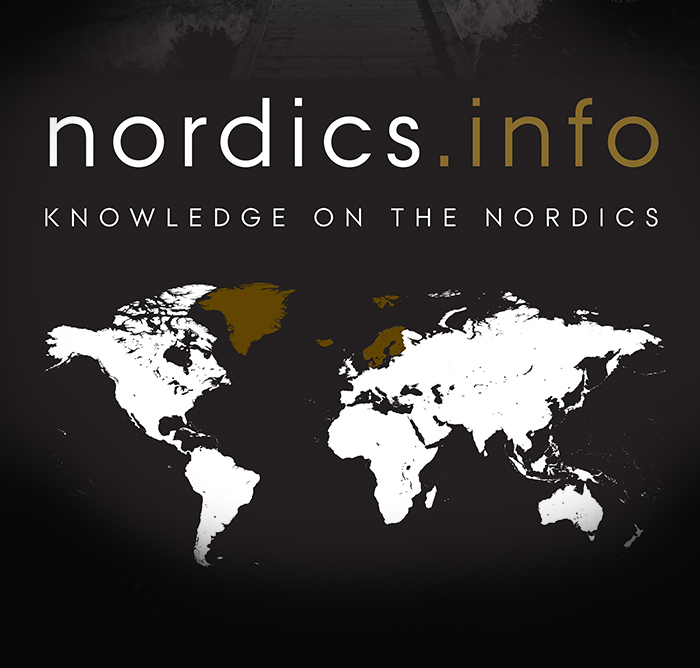Podcast: Danish immigration policy, 1970-1992
Listen to a potted history of the Danish immigration policy, 1970-1992 in either English or Danish! This podcast is part of a series where existing material on nordics.info is read out in assorted languages by colleagues and friends. Great for learning Danish or English. / Lyt til historien om Dansk indvandrings- og udlændingepolitik, 1970-1992 på engelsk eller dansk! Denne podcast er del af en serie af podcasts hvor materiale fra nordics.info bliver læst højt på forskellige sprog af venner og kollegaer.

 Podcast: Danish immigration policy, 1970-1992
Podcast: Danish immigration policy, 1970-1992
In 1973, the Social Democrat government introduced an immediate stop to labour immigration because of growing unemployment. Immigration was, however, not a particularly problematic subject in the political and public debate in the 1970s. From the beginning of the 1980s, more refugees came to Denmark, particularly from the Middle East and the Global South, where many countries were ravaged by crises, war and civil conflict. In 1983, the Danish Parliament passed a new Aliens Act that was known as Europe’s most liberal. The large numbers of immigrants that subsequently came to Denmark, together with integration problems, led to parliament passing a number of limitations to the Act in 1980s. At the end of the 1980s, immigration became more important in the political and public debate due to, amongst other things, the Progress Party (Fremskridtspartiet) strongly highlighting the issue. The article is read out by Brian Witcombe.
 Podcast: Dansk indvandrings- og udlændingepolitik, 1970-1992
Podcast: Dansk indvandrings- og udlændingepolitik, 1970-1992
I 1973 indførte den socialdemokratiske regering et akut indvandringsstop på grund af voksende arbejdsløshed. Indvandring var dog ikke et særligt problematiseret emne i den politiske og offentlige debat i 1970'erne. Fra begyndelsen af 1980'erne kom der stadig flere flygtninge til Danmark, især fra Mellemøsten og den tredje verden, hvor mange lande var hærget af kriser, krige og borgerkrige. I 1983 vedtog Folketinget en ny udlændingelov, der blev kendt som Europas mest liberale. Tilstrømningen til Danmark samt integrationsproblemer fik dog Folketinget til at vedtage en række stramninger af udlændingeloven i 1980'erne. I slutningen af 1980'erne kom udlændingeområdet til at fylde mere i den politiske og offentlige debat, bl.a. fordi Fremskridtspartiet profilerede sig stærkt på området. Artiklen er læst højt af Lasse Byriel Christensen, studentermedhjælper hos nordics.info.